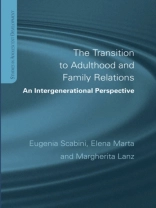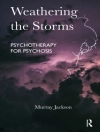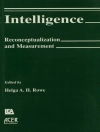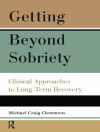This book explores the development of a new path of transition between adolescence and adulthood in recent generations. Whereas traditionally the transition into adulthood was marked by a clear and irreversible change in condition, we are now seeing a continuance in the role and influence of the family on the young adult. What consequences does this have for our society? Is the persistence of emotional bonds which previously loosened during adolescence, inhibiting young people from developing into full adulthood?
The authors present a clear and in-depth analysis of the theoretical framework surrounding the transition into adulthood both from a generational point of view and a relationship-centred perspective. The findings of international research are presented and compared across generations, gender and geographical location within Europe. The different research methods of ‘family related research’ and ‘family research’ are also distinguished and analysed.
This volume offers an original and multi-faceted review of this topic. The family is considered as an organization, and the interdependencies and interconnections between its members, the generations and genders investigated. It offers a unique contribution to the current literature and will appeal to an international audience of researchers, policy makers and educators both in academic and professional spheres.












